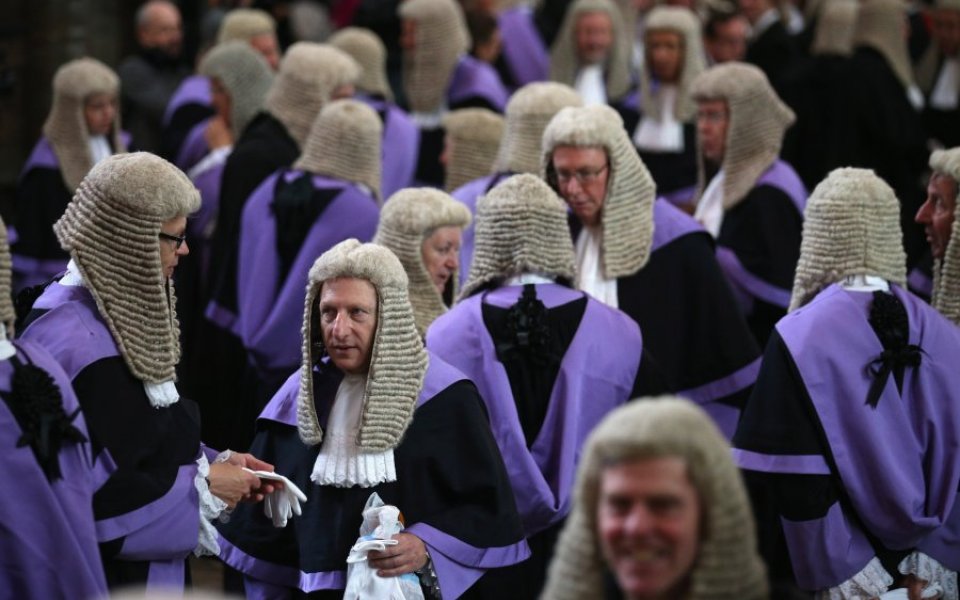Three-quarters of top judges are privately educated, compared to seven per cent of the population overall, raising concerns over diversity and social mobility in the legal sector

Three-quarters (74 per cent) of top judges, defined as those who sit on the High Court and the Court of Appeal, received a private education, compared to just seven per cent of the UK population overall.
A report by the Sutton Trust and PRIME – an alliance of more than 80 UK law firms and legal departments, set up to offer work experience to young people from less privileged backgrounds – published today discovered that this figure is lower for solicitors as a whole, with 32 per cent of partners at firms having gone to a private school, although this rises to 41 per cent for London firms.
In a YouGov poll, more than half (52 per cent) of senior figures in the legal industry said that improving social mobility in the profession would be beneficial for their firm.
“Today’s findings, in particular the worrying fact that the high proportion of privately educated judges has barely changed since the 1980s, warns us that there is still a big social mobility problem within the legal sector,” said Sir Peter Lampl, chairman of the Sutton Trust and of the Education Endowment Foundation.
David Morley, chairman of PRIME and senior partner at Allen & Overy, added: “The research shows that a large part of the responsibility for solving this issue lies with law firms, so we need to ensure they attack the problem with the energy and enthusiasm it deserves.”
The research comes ahead of the PRIME conference on Wednesday, where social mobility within the legal sector will be discussed.
An article recently published in The Modern Law Review by Dr Michael Blackwell, assistant professor of law at the London School of Economics and Political Science (LSE), discovered that male Oxbridge-educated barristers from London chambers are still more likely to be made a Queen’s Counsel (QC), despite the appointments system being reformed in 2004.
“Reforms to the QC appointments system were introduced to address concerns that the old system of secret soundings unfairly disadvantaged groups such a women and those who were not part of a well-connected elite, eg non-Oxbridge graduates,” remarked Dr Blackwell. “Given this, it is very surprising that in the post-reform period the estimated partial effect of gender remains substantively large.”